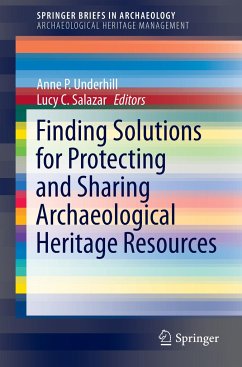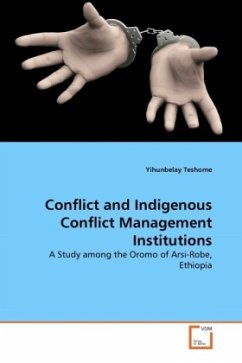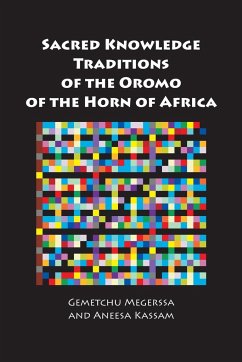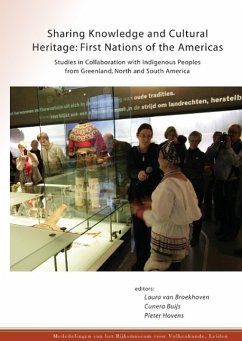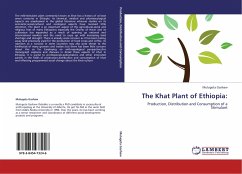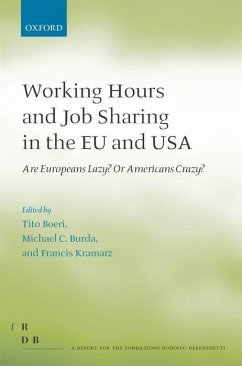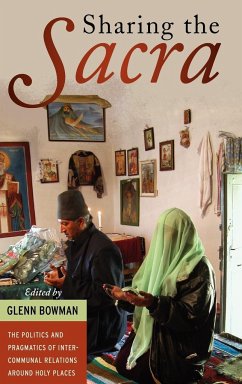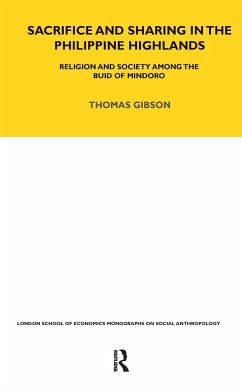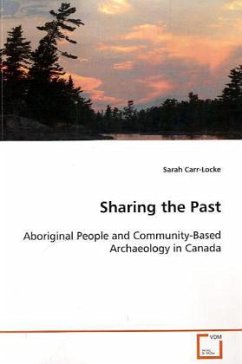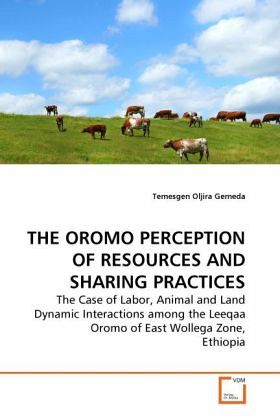
THE OROMO PERCEPTION OF RESOURCES AND SHARING PRACTICES
The Case of Labor, Animal and Land Dynamic Interactions among the Leeqaa Oromo of East Wollega Zone, Ethiopia
Versandkostenfrei!
Versandfertig in 6-10 Tagen
32,99 €
inkl. MwSt.

PAYBACK Punkte
16 °P sammeln!
The dynamic relationships that Oromo have with labor, animals and land resources have rarely been treated in the literature of Oromo and thus, this study aims to fill the gaps by examining multidimensional perceptions and sharing practices of the Leeqaa Oromo. The study reveals that the Leeqaa Oromo have multidimensional perceptions of labor, animals and land that encompass economic, social, cultural and psychological elements. They have moral values and norms that guide the sharing practices among themselves, which the Leeqaa Oromo favors the local institutional means, which are effective, fl...
The dynamic relationships that Oromo have with labor, animals and land resources have rarely been treated in the literature of Oromo and thus, this study aims to fill the gaps by examining multidimensional perceptions and sharing practices of the Leeqaa Oromo. The study reveals that the Leeqaa Oromo have multidimensional perceptions of labor, animals and land that encompass economic, social, cultural and psychological elements. They have moral values and norms that guide the sharing practices among themselves, which the Leeqaa Oromo favors the local institutional means, which are effective, flexible and participative. In addition, local institutions are needed to maintain peace and security, avoid behavior that are not normal in their social acts, sustain one's lineage and to create mutual interdependency to fill the scarcity of resources through joint endeavor for sustainable socio-economic relations. These communities' strategy clearly shows that within the subsistence economy,local institutions operating within the socio-cultural norms strengthen the socio- economic relationship that maintains internal moral unity of the community.




